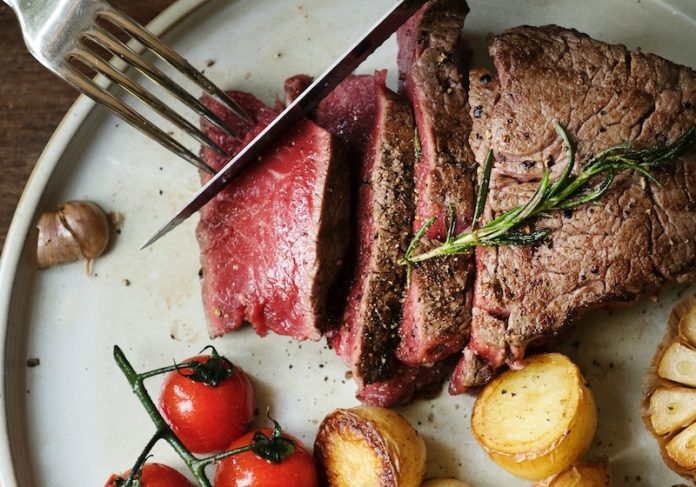
Your kidneys play an essential role in keeping your body healthy by filtering waste, balancing fluids, and maintaining proper blood pressure.
However, certain foods can strain your kidneys, especially if you already have a condition like chronic kidney disease (CKD) or are at risk for kidney problems.
By avoiding certain harmful foods, you can help your kidneys function better and reduce the risk of further damage.
One of the most important things to limit is salt. Foods high in sodium, like chips, canned soups, fast food, and processed snacks, can make your kidneys work harder.
High salt intake causes your body to retain water, increasing blood pressure and putting extra pressure on your kidneys. Research published in the journal Kidney International shows that reducing sodium can significantly lower blood pressure and improve kidney function.
Aiming for less than 2,000 milligrams of sodium per day is a good rule of thumb for most people, and those with kidney disease may need to aim even lower.
Another group of foods to avoid includes those high in phosphorus, such as processed cheese, cola drinks, and packaged baked goods. Phosphorus is a mineral that helps keep bones strong, but too much of it can build up in the blood when your kidneys aren’t working properly.
Excess phosphorus can weaken bones and harm blood vessels. Studies have found that people with kidney disease should limit phosphorus to protect their kidneys and overall health.
Choosing fresh, whole foods and avoiding processed products can help you keep phosphorus levels in check.
Foods rich in potassium, like bananas, oranges, potatoes, and tomatoes, can also be risky if your kidneys aren’t working well. While potassium is vital for muscle and nerve function, too much can cause irregular heartbeats or even heart failure when the kidneys can’t filter it out effectively.
Research shows that a low-potassium diet is often recommended for individuals with CKD. Low-potassium alternatives include apples, berries, and cauliflower, which are gentler on the kidneys.
High-protein foods, especially red meat, can also strain the kidneys. Protein is necessary for building and repairing tissues, but eating too much of it produces more waste products that the kidneys must filter.
A study in the American Journal of Kidney Diseases found that diets very high in animal protein may accelerate kidney damage in people with existing issues.
Opting for plant-based protein sources like beans, tofu, and lentils can reduce this strain while still meeting your body’s protein needs.
Sugary foods and drinks are another group to watch out for. Regular consumption of sweets, sodas, and sugary snacks can lead to weight gain and high blood sugar, both of which are risk factors for kidney disease.
Research highlights that managing blood sugar is particularly important for people with diabetes, as uncontrolled diabetes is a leading cause of kidney failure. Reducing added sugars in your diet can help protect both your kidneys and overall health.
Finally, processed and packaged foods, such as instant noodles, frozen meals, and deli meats, are often loaded with unhealthy amounts of salt, phosphorus, and preservatives. These foods are not only bad for your kidneys but also increase your risk of heart disease and other health problems.
A study published in the journal Nephrology emphasized that people who eat more fresh, home-cooked meals tend to have better kidney health compared to those who rely on processed foods.
Protecting your kidneys involves making mindful choices about your diet. By limiting foods high in sodium, phosphorus, potassium, protein, and added sugars, you can help your kidneys function more efficiently.
Opt for fresh fruits and vegetables, whole grains, and lean proteins, and always consult with your healthcare provider or a dietitian to create a kidney-friendly meal plan. Small dietary changes can make a big difference in keeping your kidneys safe and healthy.
If you care about nutrition, please read studies about foods that could improve survival in Parkinson’s disease, and vitamin D supplements strongly reduce cancer death.
For more health information, please see recent studies about plant nutrient that could help reduce high blood pressure, and these antioxidants could help reduce dementia risk.
Copyright © 2024 Knowridge Science Report. All rights reserved.



